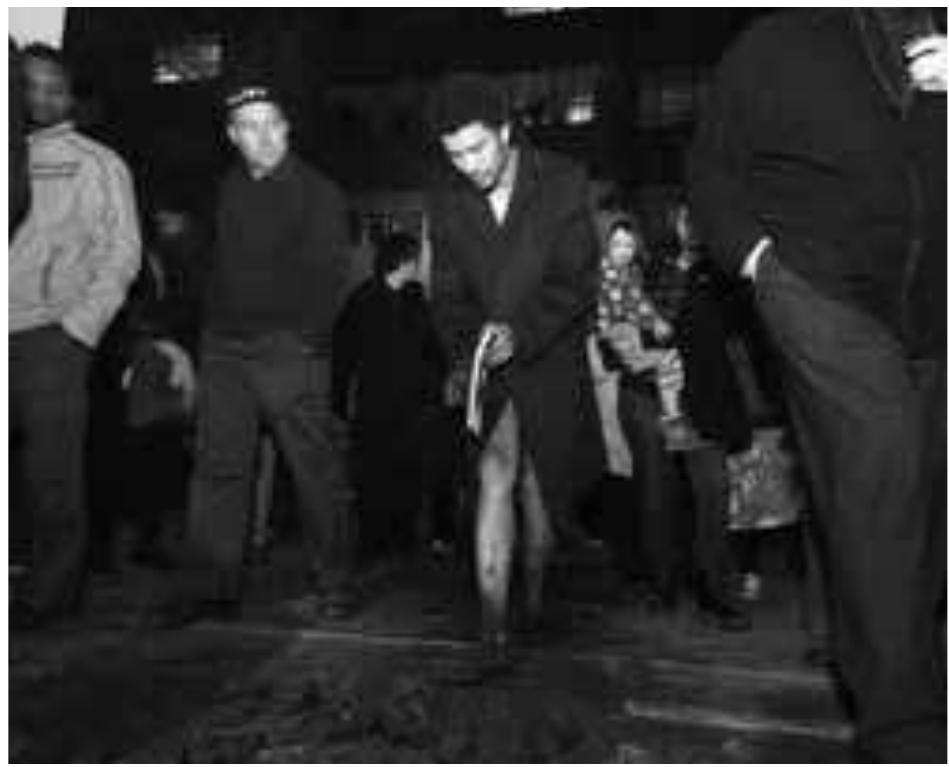Key research themes
1. How does video art serve as a medium for feminist identity and representation critique in contemporary and historical contexts?
This research strand investigates the role of video art as a critical tool for women artists to challenge patriarchal representations and objectification of female bodies, exploring identity and subjectivity. It traces feminist video practices from their emergence in the 1970s and 1980s through to contemporary iterations, analyzing how the aesthetics and techniques developed by early feminist video artists inform current expressions and negotiations of women's presence in the audiovisual domain.
2. How is video art reshaping the aesthetics and institutional frameworks of contemporary and digital media practices?
This theme explores the transformative impact of video art on notions of aesthetics, technology, and institutionality within contemporary art and media ecosystems. Emphasizing the challenges posed by technological reproducibility, mass accessibility, and interactivity, it examines how video art negotiates authenticity, originality, and elite aesthetic codes. Additionally, it investigates the evolution of institutional support structures and alternative narratives surrounding video and new media art, especially within socio-political contexts.
3. How can generative AI and digital technologies assist in the preservation and reinterpretation of cultural heritage through video art?
This theme addresses the integration of AI-driven methods in the conservation and revitalization of intangible cultural heritage via video art forms. It focuses on developing workflows that preserve tradition without compromising cultural authenticity, leveraging techniques such as facial synthesis, motion-lip synchronization, and expert validation. The research underscores the potential for AI to create digitally enhanced heritage artifacts, providing reproducible frameworks that merge technological innovation with cultural integrity.




















































































